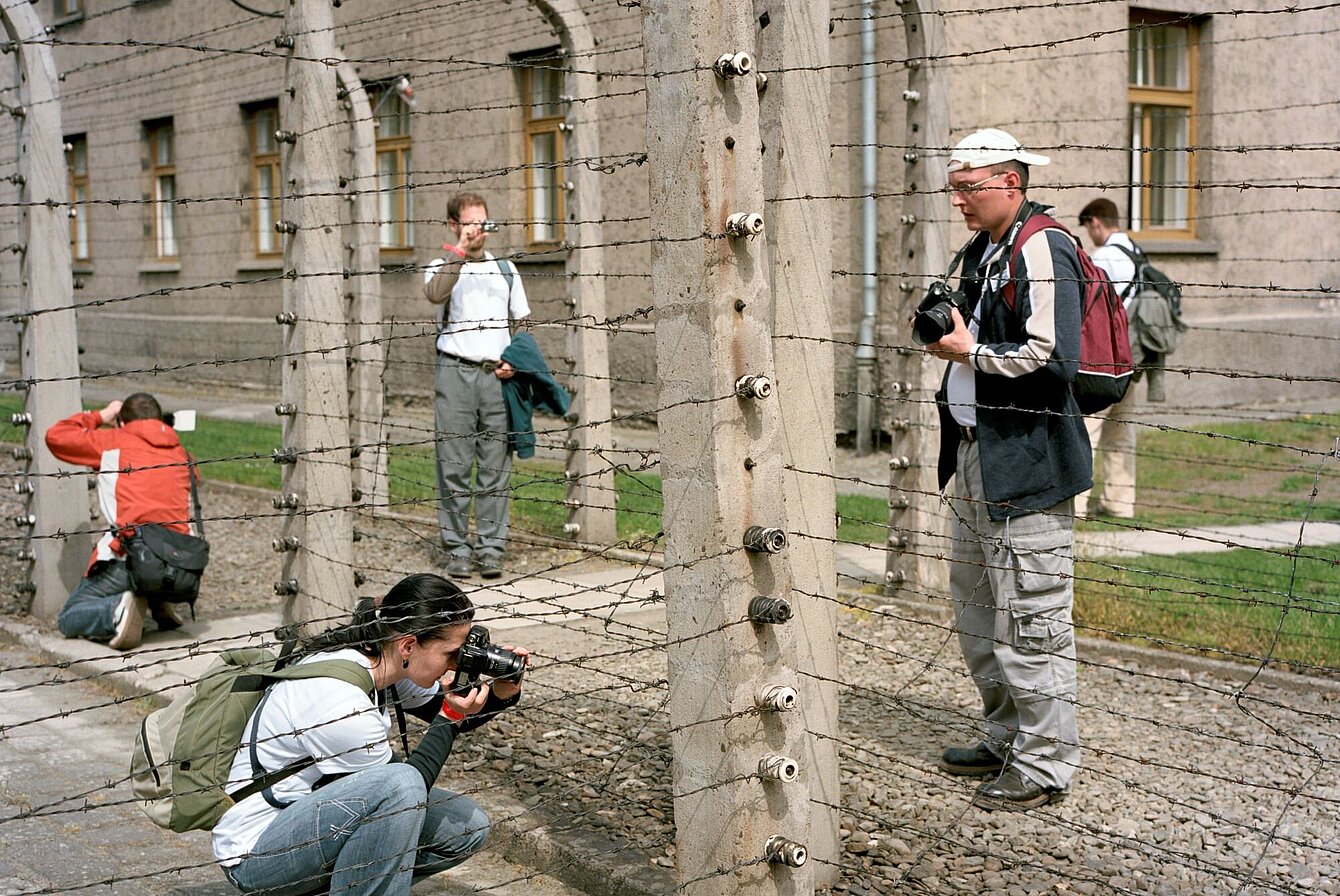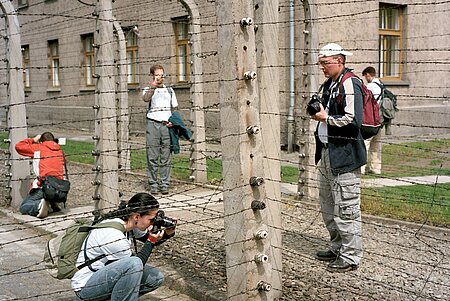Organisers of the excursion
Dirk Rupnow professor at the Department of Contemporary History, University of Innsbruck (AT)
Bettina Habsburg-Lothringen management team of Museumsakademie Joanneum, Graz (AT)


Image Credits
Date
26.08. - 29.08.2019
Location
Museumsakademie Joanneum
Meeting point
Kraków and Oświęcim (PL)
Costs
250 €, reduced fee 200 € (The reduced fee is available to students, trainees, unemployed people, and employees of this year’s cooperation partners.)
External registration
Show all
The extensive concentration camp complex of Auschwitz, in which up to 1.5 million people were murdered between 1940 and 1945, has become a symbol of the Holocaust throughout the world. Today, the remains of the camp have been turned into a state memorial and opened to the public: museum and cemetery, international meeting and research centre, and part of UNESCO’s world cultural heritage (1979). In the meantime, the former camp receives more than 2 million visitors per year. Up until the Second World War, the fourth largest Jewish community in Poland lived in Kraków, only about an hour’s drive from Auschwitz. After the war, the Kazimierz Jewish quarter fell into decline. Steven Spielberg’s film Schindler’s List (1993) and the upswing of tourism after the end of the Cold War provided impetus to the renovation of buildings, streets, and synagogues, which are among some of the city’s tourist hotspots today. On our three-day tour, we shall devote ourselves to the traces of Jewish Kraków and the remembrance of the Holocaust in Schindler’s factory, on the grounds of Płaszów concentration camp, and, above all, the “State Museum Auschwitz-Birkenau” memorial. We will explore the historic sites and reflect on their particular significance, discuss the current state of global Holocaust remembrance culture and its national characteristics, and finally deal with the issue of how commemorative culture and mass tourism interact with each other.
Organisers of the excursion
Dirk Rupnow professor at the Department of Contemporary History, University of Innsbruck (AT)
Bettina Habsburg-Lothringen management team of Museumsakademie Joanneum, Graz (AT)